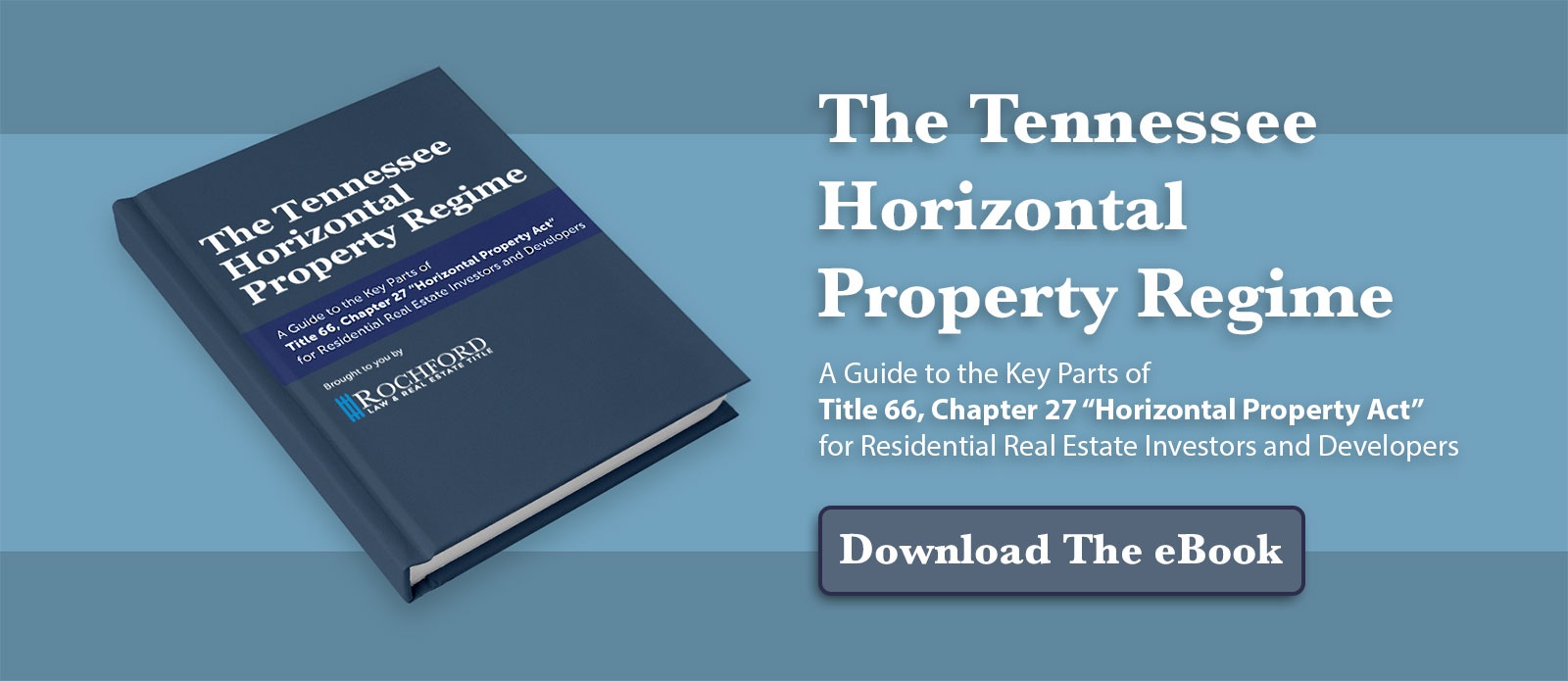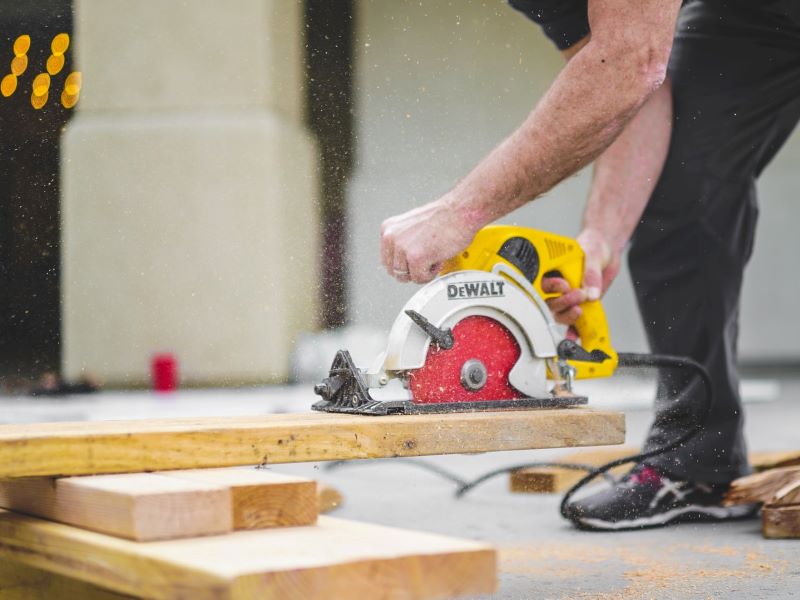Protecting Your HPR from Airbnb
- Posted on May 4, 2017
- In HPR
As Nashville’s population grows and as the tourism industry continues to blossom, it’s no surprise that property owners are looking to cash in on the boom by renting a room or an entire home through popular online vacation rental sites like Airbnb and HomeAway.
Considering that in 2016, hotel occupancy rates stood at nearly 75% and that from 2010-2015, Nashville was tops in the nation for percentage growth in average daily revenue per room (Tennessean), it also makes sense that visitors to Music City are knocking at your front door (or your neighbor’s).
While short-term rental properties (STRP) may be great for savvy vacationers looking for a good deal and for entrepreneurial homeowners looking to make a few extra bucks, are they great for the neighbors? And if you own a home that’s part of a horizontal property regime, how do you protect your investment from hordes of country-loving bachelors and bachelorettes descending on your neighbor’s home and your property?
Before we dive into possible solutions to these vexing questions, let’s cover a few basic terms and definitions:
What is an HPR?
An HPR, or horizontal property regime, is an increasingly common legal solution for developers and property owners who wish to divide a lot with one home into a lot with two or more properties. It’s estimated that Nashville’s population is growing by 100 people per day, so as the city’s population continues to skyrocket, HPRs help address the growing demand for housing throughout the city.
Legally binding and well-crafted HPRs should be drafted by an experienced real estate attorney and must include definitions of private elements, limited common elements, and common elements. They must also include provisions for a homeowners association (HOA).
An HOA is essential for HPRs because legally speaking, the residents of an HPR are more than neighbors: they’re joint owners of the same property. A useful HOA should define the legal rights and obligations of each party. Additionally, it should also include provisions for legal recourse in the event that an issue or disagreement should arise. (Like, for example, your neighbor wants to turn his or her property into an Airbnb and you don’t want them to do so!)
How does Nashville Define a Short-Term Rental Property?
According to the Metro Government of Nashville & Davidson County, a “Short-Term Rental Property (STRP) is defined as a residential dwelling unit, containing not more than four sleeping rooms, that is used and/or advertised through an online marketplace for rent for transient occupancy by guests. Owners of Short-Term Rental Properties (STRPs) are required to obtain an operating permit (Ordinance BL2014-951, Ordinance BL2014-909, Ordinance BL2015-94, and Ordinance BL 2016-492). This law applies to all properties (including rooms and guest houses) rented for less than 30 consecutive days to the same occupant.”
In order to obtain a permit from the city, owners must apply in person and pay a $50 permit fee. Among other requirements, they must also submit a floor plan, contact information for the responsible party, proof of liability insurance of not less than 1 million dollars per occurrence, documented proof of written notification of adjacent property owners, proof of residence, and written confirmation that the STRP will not violate any homeowners’ association agreements.
I’ve Just Learned that the Co-owner of my HPR Wants to Become an Airbnb host! What Can I Do?
Let’s assume that you’ve just been informed by your neighbors that they are planning on turning their home into a short-term rental property. Let’s also assume that you’re not happy about it. Your first step is to review your HOA. If your association agreement forbids short-term rentals or leases under a certain amount of consecutive days, you’re in the clear. Their permit will be denied by Metro.
If your neighbor plans on turning their property into an unpermitted STRP, contact your local Metro Council Member immediately.
However, if your HPR’s existing HOA allows any unit owner to enter into any lease and there are STRP permits still available within your neighborhood, then it’s likely that their application will be approved by the city government. In this instance, it’s advisable to contact a real estate attorney investigate amending your HPR documents to forbid leases that are for durations less than one year. Homeowners association rules can be more restrictive than Metro regulations and you may be able to use this to your advantage.
To learn more about HPRs, HOAs, STRPs, and your rights as an HPR owner, contact Rochford Law & Real Estate Title.

Subscribe for Updates
Latest Posts
- Title Issues in Tennessee: Common Problems and How They’re Cleared
- Common Commercial Lease Red Flags (and How to Negotiate Them)
- Commercial Purchase and Sale Agreements – How a Real Estate Attorney Can Protect Your Transaction
- When Do You Need a Nashville Probate Lawyer? 8 Common Scenarios
- Commercial Leases – Important Considerations




